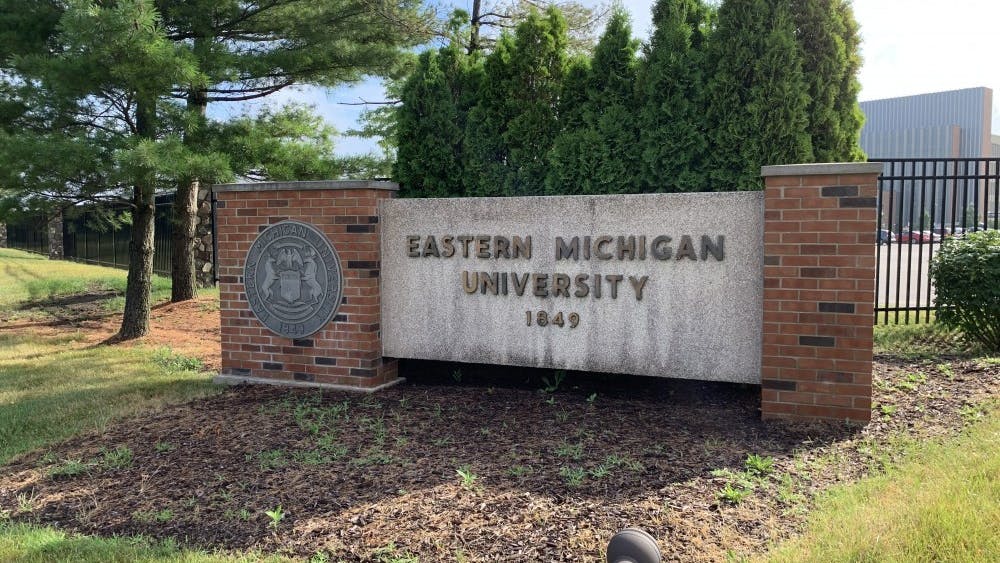Education is the holistic learning of life and all its integrated aspects. It is not limited to a textbook, a pre-recorded lecture or a homework assignment, it’s happening as you spend time looking at how the birds flocks together, how the flowers sway in the wind or how the clouds hang in the sky. It is experiential, more than anything. Acknowledging that, EMU offers a vast array of research to choose from to complement learning.
The First-Year Writing Class and the Celebration of Student Writing are just the first few steps you can take to get acquainted with research on campus. From there on out, almost every faculty member you can come across will have something to contribute to a research path.
Research brews predominantly in the Mark Jefferson Science Complex and Strong Hall. Students take on projects, under the guidance of faculty mentors, to study intriguing facts about the world. What the layers of rock reveal about Earth’s past, what cultural landscapes say about human history and what terrestrial changes hint towards algal blooms are just a few of the many subjects of research. Students can use 3D modeling and other computational methods to uncover ways in which chemicals react and spend hours in the lab working on molecules that can present newer information in the battle against cancer and Alzheimer’s. Not just that, there is copious amounts of ongoing research studying diverse groups of animals and parts of nature which are exciting avenues for exploration.
With the overwhelming variety of options to work on, there are countless resources on-campus to facilitate such hands-on learning. The university provides annual scholarship opportunities for students engaged in research with faculty mentors, to drive students’ passion for science and acknowledge their efforts. These scholarships aid laboratory funding and function as compensation towards these undertakings. Some students may also have the added benefit of being paid as a research assistant if their mentors have resources to support this. Even in the absence of payment, research is an experience with compounding returns and makes students more marketable for jobs and internships and better prepared for post-graduate education.
Publications are a staple in research, which students can achieve as early as their sophomore year of college with EMU. In fact, some classes even take up novel research as part of their curriculum, turning into potential sources of publication. Many exemplary undergraduate students working with faculty already have publications to their name.
It is worth mentioning that the Honors college plays a huge role in guiding student research with its Honors Thesis framework. Typically beginning with the Junior year, it requires students to write a research proposal, and subsequently put in work that culminates into a thesis and project, presentable at the Undergraduate Research Symposium by the time of graduation. All this while, students work closely with their mentor and Honors College advisor at every step of the process. The University Writing Centre is another major resource that has a diverse team of specialized consultants that are excited to help students enhance their research writing and assist students with this process.
With a high faculty to student ratio at EMU, you aren’t looking for research, research is looking for you. There is always something for you to do to take your first step into formal research. Even when you can’t seem to find anything you like, faculty encourage students to keep an open mind and urge them to try something different. Research is a rewarding process to go through even in the absence of grants, theses, and symposiums, and with EMU faculty conducting regular undergraduate research workshops, you never run out of options to explore.










